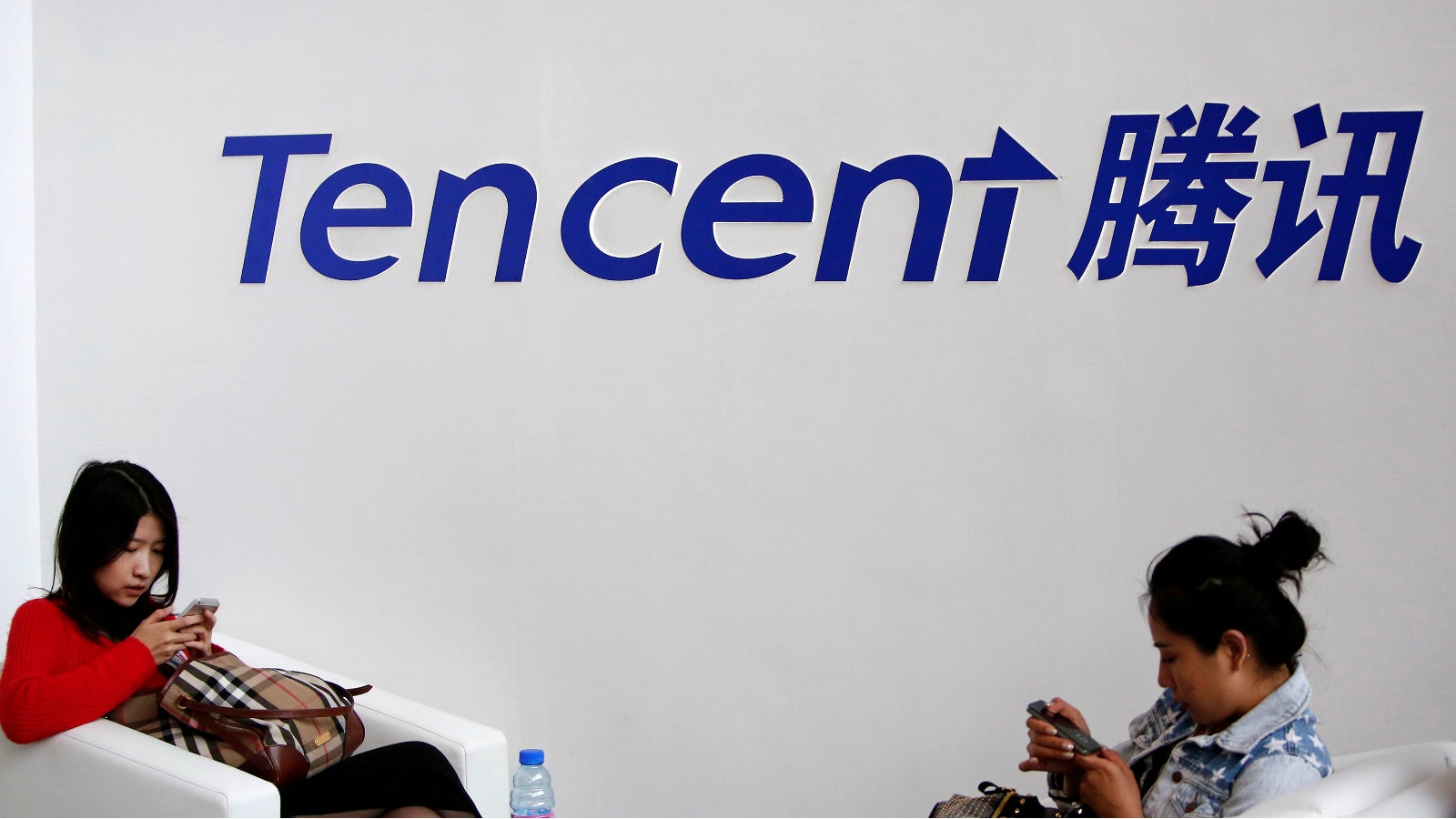Tencent: China’s online giant jumps into India’s e-commerce frenzy
Tencent, the Chinese internet giant, has made a big play in India, a country where it is virtually unknown.


Tencent, the Chinese internet giant, has made a big play in India, a country where it is virtually unknown.
On April 10, Flipkart announced that Tencent, along with Microsoft and eBay, had poured $1.4 billion into the Indian online retailer. This happens to be the largest amount ever raised by an Indian internet company in a single round. It also marks Tencent’s arrival in the thick of India’s frenzied e-commerce battle, where homegrown Flipkart is attempting to stave off competition from Amazon and Jeff Bezos’s deep pockets.
Back in China, Tencent is an absolute behemoth that rules the country’s internet. One of the world’s largest publicly-traded companies (market cap of $275 billion), Tencent operates WeChat, a “super app” that has over 800 million users, most of them in China. The Shenzen-based firm, listed on the Hong Kong Stock Exchange, also has a strong gaming division (with over $10 billion in revenues in 2016) and a growing online payments business.
In India, Tencent has been trying to push WeChat since at least 2013, but hasn’t been able to challenge the dominance of WhatsApp, which was acquired by Facebook in 2014. Instead, the Chinese Goliath has invested in an Indian David, Hike Messenger.
Last August, Hike raised $175 million in a round led by Tencent, Taiwanese electronics major Foxconn, and other investors. It was a big deal for the then four-year-old messaging app, which soon became one of India’s unicorns (startups with a valuation of over $1 billion). Hike was founded by Kavin Bharti Mittal, son of Indian telecom billionaire Sunil Mittal. Back then, Mittal junior told the Economic Times newspaper that Hike raising $175 million “is like Flipkart raising $1 billion.”
Mittal also told the newspaper that he wasn’t in a hurry to make money. Last fiscal, with a user base of some 100 million, Hike reported revenues of Rs42.32 lakh, but its net loss grew by 77%. Tencent’s other, older investment in India—online healthcare platform Practo—into which it first pumped funds in 2015 and then again in 2017, is similarly battling towards profitability. In fiscal 2017, Practo recorded a 1,192% increase in revenues while losses widened by 30%. So, the jury is still out on whether Tencent’s bet on India’s startup ecosystem will pay off.
However, Tencent’s investment in Flipkart is different, and that’s not just because of its size. The move will pit Tencent against its old (Chinese) rival Alibaba, which has been testing India’s e-commerce waters via Paytm. Tencent hasn’t replied to an emailed questionnaire from Quartz; we’ll update this report when they do.
So why are the Chinese internet giants so interested in India?
“India, as of now, especially in the consumer internet space, is at a place where the entry is still open and it’s not very expensive,” said Satish Meena, senior analyst at Forrester Research, “And they (Chinese internet firms) see fewer hurdles in this market than in the US or European market.”
Arvind Singhal, chairman and managing director of Technopak Advisors, a consulting firm, reckons that the likes of Tencent and Alibaba view India as a “test ground” for large-scale deployment of technology, such as payment gateways. “A lot of these companies are becoming mega technology platforms,” Singhal explained, that want to sink their teeth deeper into India’s evolving startup ecosystem.
Some expect that the battle to control India’s e-commerce market will be a war of attrition, for which a fat purse and a strong heart will matter the most. With its bet on Flipkart—just days after picking up a 5% stake in Tesla—Tencent is signalling that it may be up for a fight.